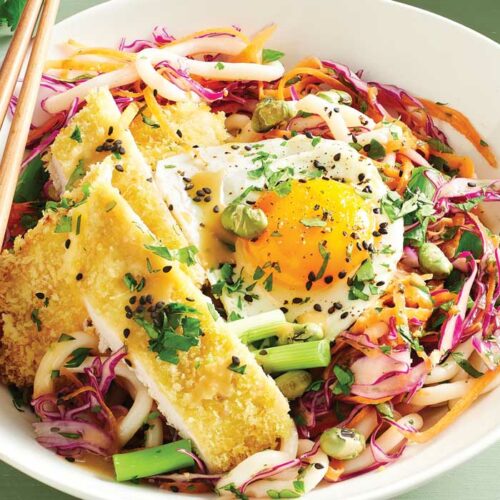
Niki Bezzant wonders whether ‘free from’ months are simply deprivation diets by another name.
As I write this, my Facebook feed is full of comments from people hanging out for the end of ‘Junk-free June’. This is a fundraising initiative; people give up junk food — whatever that may be for them — and other people sponsor them to raise money for charity.
I have nothing against charities doing things like this to raise funds. In the world of worthy charities and the public’s increasing donor fatigue, it’s becoming more and more difficult for fundraisers to get cut-through. Social media-driven campaigns like this seem to be a growing trend, and one that’s quite successful.
I wonder though, what, if anything, participants get out of something like this. Yes, giving up junk — depending on how much of it they were eating to start with and what they choose to replace it with — could have positive health effects. It could lead to weight loss and provide an energy boost. They may save money; they may feel good about themselves for having such great self-control for a month. And, of course, they’ve raised money for charity, which is a nice thing to do for others.
But do they get any long-term benefits? Do they permanently change the way they eat? Most of the people I know who are doing this are counting down the days until they’re ‘allowed’ to have a chocolate bar or a burger. Some are planning celebration junk-food feasts. I wonder how many will simply go back to how they used to eat, including the junk. Just as we do, almost every time, when we go on any kind of diet. Because isn’t that what this is really? Just another diet?
Diets, as we know, don’t work. If diets did work, everyone would be slim and healthy and we would not have an obesity crisis. Or, for that matter, a multi-billion-dollar weight-loss industry. (For more of my thoughts on that topic, see my TEDx talk.) The thing with diets is that they are about denial. They are about not eating things. Almost every diet that’s ever been has a list of foods you’re allowed to eat, and a list of foods you’re not allowed. This encourages a mindset of categorising foods into good and bad, and means at every meal we have to decide: Can I eat this?
How much better is it to think of all foods as ‘allowed’? To think of all foods as available to us, to be eaten if we choose to. Of course, we are better off if we eat a plant-based, whole food diet without too much highly-processed food in it. Of course, we are better off if we understand what treats are, and eat them occasionally. Ultimately, the only ‘diet’ that works is the one you can stick to forever. So aiming to create healthy, permanent habits is always going to be better than trying to give anything up.
www.healthyfood.com











